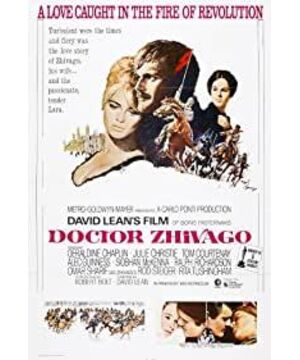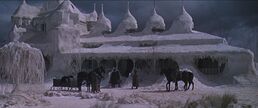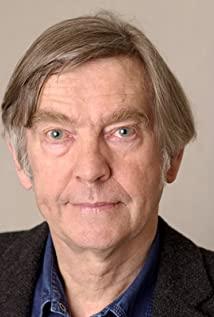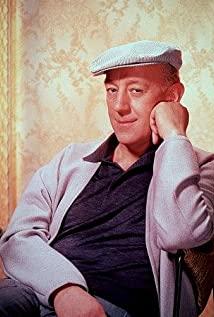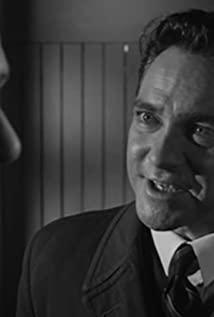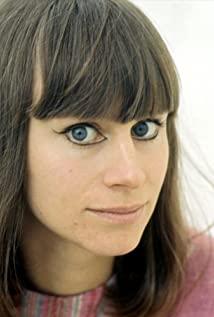Doctor Zhivago (Доктор Живаго) directed by British director David Lean and completed by MGM in 1965, adapted from Soviet writer Boris Pasternak (Борис Леонидович Пастернак)'s novel of the same name, won several awards at the 1966 American Golden Globe Award. This work, which was written in 1956 and could not be published in the Soviet Union, was published in the West in 1957. It quickly became a sensation and won the Nobel Prize for Literature in 1958. In the Soviet Union, the author and his works were ruthlessly criticized, and the author could not go abroad to receive the award. , and died two years later. Although the work describes the emotional experience of the doctor Zhivago, his wife Tonia and the female nurse Lala, it is actually a grand historical drama, reflecting the Russian (Soviet Union) before and after the February Revolution and the October Revolution. Social unrest has a significant impact on individuals. Cruel wars, ruthless and destructive politics, personal fates, like grass under a hurricane, are uncertain and precarious.
The soundtrack of the film is classical, the overture and the interlude are solemn and magnificent, and the theme music "Lara's Theme" is one of the most beautiful soundtracks in the history of film, because it is widely circulated, many people will mistake it for it A piece of music by a classical composer, actually composed by the French composer Maurice Jarre.
The three main characters of this film are excellent and interestingly they were born in different countries and cultures. Omar Sharif was born in Egypt; Julie Christie was born in India; Geraldine Leigh Chaplin was born in the United States.
As with any famous book, there is bound to be some loss and regret by watching the movie before reading it. But the movie still felt worth watching.
View more about Doctor Zhivago reviews


